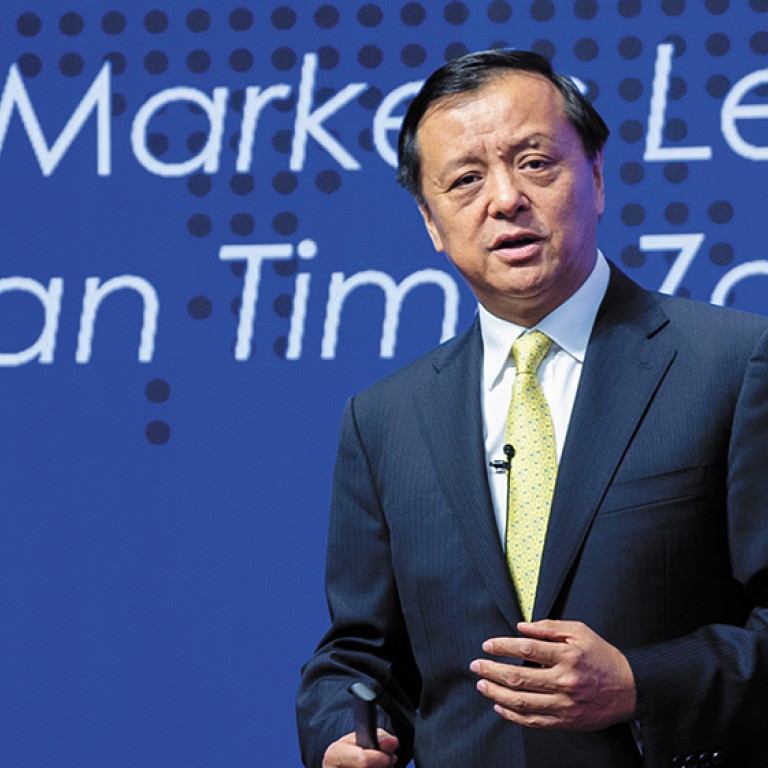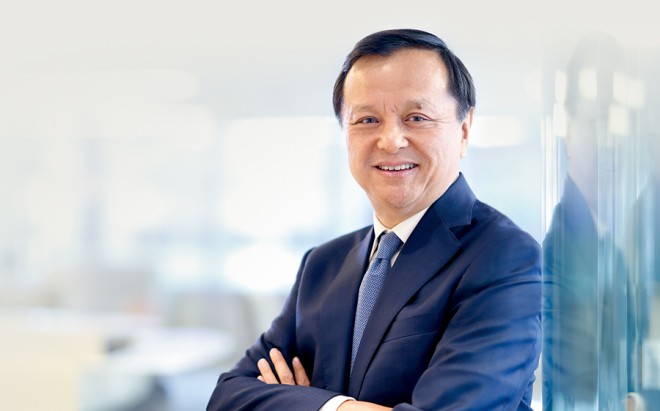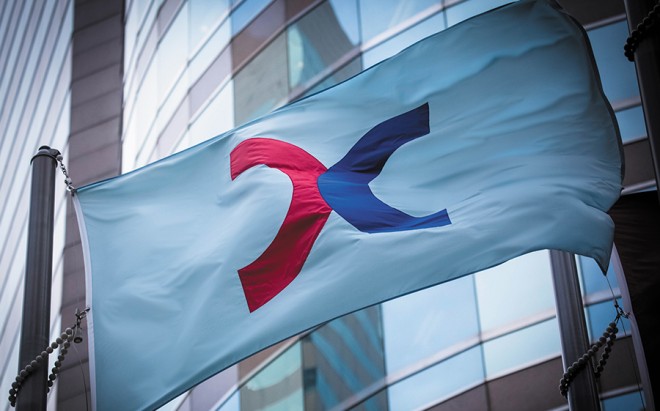
Life after the Pandemic
Hong Kong will play a significant role in the global economy when the pandemic subsides, says Charles LI, the longest-serving chief executive of HKEX, one of the world’s largest exchange operators by market capitalization.
[Sponsored Article]
No one can accurately predict what a post-COVID-19 world will look like. But Charles Li, Chief Executive of Hong Kong Exchanges and Clearing (HKEX), believes that Hong Kong will continue to be the trusted connector between China and the rest of the world.
“We have and will continue to do well because investors and companies are convinced that, no matter what happens, we remain the go-to global marketplace in Asia,” Li says.
Li notes that Hong Kong has weathered previous challenges such as SARS and the financial crisis, and these events have demonstrated the city’s remarkable resilience.
“Hong Kong’s legacy is one of constant re-invention, adaptability, and resilience, and it has proved it possesses these strengths many times in the past,” he says.
Li says that HKEX will continue to act as a bridge between China and the world, and will ensure that Hong Kong remains the leading global market in the Asian time zone.
“As Asia’s most international market, I don’t think that our role has ever been more relevant or more important in the recovery of both the world and Hong Kong,” he says.
Li says that HKEX is committed to maintaining operations with resilience, providing access to liquidity, and ensuring that trading, clearing and risk management systems remain fully functional at times when issuers, market participants and investors need it the most.
Though the journey ahead will be tough and unpredictable, Li believes the city will come out of this crisis stronger and more resilient if everyone works together.
Resilience is an important quality, Li says. He strongly believes that an investment in resilience, whether it’s in the city, HKEX, or his staff, is always worthwhile. What’s more, he has got the proof.
Despite the turmoil in the world markets, HKEX recently soared to become the world’s largest exchange operator by market capitalization. Valued at US$62 billion in mid-July, it is now worth more than the London Stock Exchange.
Li, who took the helm of HKEX in 2010, is often applauded for his leadership. He is known for orchestrating some of the most significant strategic initiatives in HKEX’s history, including the acquisition of the London Metal Exchange and the launch of OTC Clear, as well as the launch of Stock Connect and Bond Connect programs.
Li is also credited with leading the biggest reforms to the Hong Kong Listing Rules, by opening the door to pre-revenue biotech companies and new economy companies with non-standard share structures.
Digital Transformation
Li credits much of his success to the fact that he works with team members who are resilient and possess sound judgement. “I’ve once again realized how great our staff is,” Li says. “They have been resolute, innovative, and willing to find solutions to any problems, and they worked hard when it was needed the most.”
Li also highlights the company’s commitment to its long-term goals and vision, noting that it has never wavered or become distracted while dealing with short-term issues.
Li says that that when COVID-19 broke out and markets began to reel, HKEX reacted very quickly and made it easier for listed companies to meet their compliance requirements, and also issued guidance, together with the Securities and Futures Commission (SFC), on the publication of annual reports and the hosting of AGMs and EGMs.
HKEX has also capitalized on technology and introduced new Virtual Listing Ceremonies as a digital alternative to the traditional celebration of newly listed companies. This way, companies were still able to strike the gong and share the moment with investors. Communications also went online with a host of newsletters and videos to follow suit.
“Our market safety mechanisms did a great job of maintaining orderly market operations,” Li says. “Various trading halt mechanisms were triggered and operated exactly as they were designed to. We have enhanced our Volatility Control Mechanism, made additional intra-day margin calls, and continued to actively monitor margining requirements. That has all gone exactly as planned.”
Li says that it is HKEX’s job to rise to the challenge and provide stable and transparent access to liquidity for issuers, market participants, and investors. This has always been his primary focus, he says.
A big year for IPOs
Li remains optimistic about 2020, and describes it as another big year for IPO fundraising, noting the growing appetite to capitalize on the company’s connectivity. There are companies from the US and China seeking both primary and secondary listings, as well as big homegrown companies planning to go public.
HKEX has also become a popular listing among healthcare and biotech issuers, providing fundraising opportunities to support the fight against COVID-19 and other pandemics.
“With China continuing to open up its domestic markets, we are confident that Stock Connect and Bond Connect will continue to capture the increasing cross-border capital flow,” he says.
Li also says that the new license agreement with MSCI to introduce Asia and Emerging Markets futures and options contracts represent another key milestone to continue to build out the breadth, depth and attractiveness of Hong Kong’s vibrant financial markets. It will reinforce Hong Kong’s continued role as the leading global market in Asia, he adds.
The full impact of the global pandemic remains to be seen. However, Li says that all eyes will be focused on where globalization is heading, as well as the disruptive potential of technological advancements. He believes that these developments will depend very much on whether China and the US can work together.
He also believes that China’s further rise and the continued dominance of the US could set the two nations on a collision course.
“The increasing polarization means that our world needs more and better connections, not fewer,” he says. “As such, Hong Kong’s role as the connector between East and West will only become more vital.”


